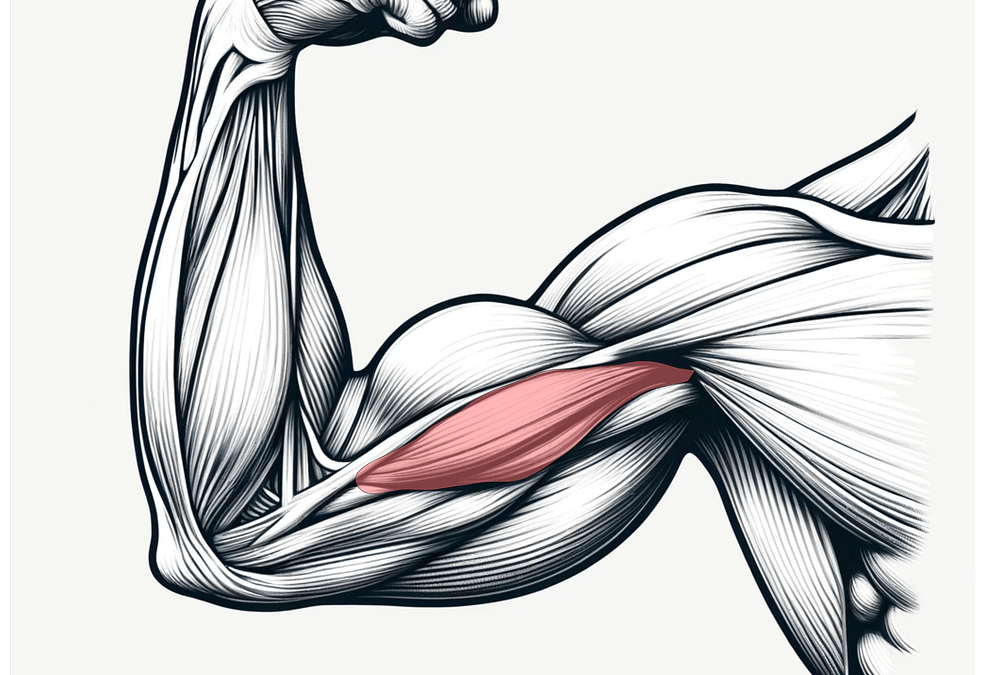What Is Functional Fitness ?
The term “functional fitness” has been a popular buzzword in the fitness industry for the past few years. It refers to exercises that improve your ability to perform everyday activities, like walking, carrying, bending, squatting, etc., easily and without injury. The essence of functional fitness lies in training your muscles to work together harmoniously, enhancing your body’s natural ability to move in real-world situations Although there isn’t really anything like non-functional fitness, functional fitness does have a lot of benefits.
Understanding Functional Fitness
Functional fitness exercises are designed to engage multiple muscle groups and sometimes even the whole body at once. Unlike traditional bodybuilding, which frequently targets and hits muscles in isolation, functional fitness prepares your body for daily tasks by simulating common movements you might do at home, at work, or in sports. The exercises incorporate various muscles in the upper and lower body at the same time, and they emphasize core stability.
The Significance Of Functional Fitness
Incorporating functional exercises into your routine enhances your quality of life by improving your balance, agility, and muscle strength, all of which contribute to better performance in daily activities and reduced risk of injuries. Functional fitness is particularly crucial as we age. With age, our bodies gradually lose muscle mass and strength, and integrating functional movements into our workout regimen can help counteract these effects, promoting longevity and independence. One of the primary reasons to embrace functional fitness is its direct applicability to your everyday life. By focusing on functional movements, you’ll improve your ability to carry out routine tasks with ease. Whether it’s bending down to tie your shoelaces or carrying heavy bags of groceries, functional fitness helps you move more efficiently and reduces the risk of strain or injury.
A lot of functional exercises are done unilaterally, meaning one side at a time, which means you will even out any muscular imbalances you may have. When you develop strength, stability, and flexibility in a way that aligns with your body’s natural movements, you are less likely to experience injuries during physical activities. As we age, maintaining functional fitness becomes even more critical. Functional fitness exercises can help seniors maintain their independence, as improved mobility, balance, and strength can significantly impact their quality of life. Resistance training has been shown to, among other things, slow down the decrease of bone density in later stages of life. This is crucial as bone fractures for the elderly can drastically decrease their life expectancy.
The Benefits Of Our Functional fitness Program
Duration & Intensity
The workouts are short but intense, meaning you’ll save time while getting a great cardio workout in.
Core Strength
Your core muscles are the foundation of functional fitness. A strong core stabilizes your spine, improves your posture, and provides a solid base for all movements.
Almost every exercise in this Functional Fitness Program targets your core, helping you build a stable and robust foundation.
Flexibility & Mobility
If done through the full range of motion, the program will without a doubt help increase your mobility and flexibility. Improved flexibility means you can move more freely and with a greater range of motion, reducing the risk of injuries.
Balance & Coordination
Our program will challenge your balance and coordination, helping you move gracefully and avoid falls, especially as you age. These improvements can have a positive impact on your daily life, from navigating uneven terrain to participating in sports and recreational activities.
Click Here To Get The Entire Functional Fitness Program Including a Step By Step Guide and Videos

